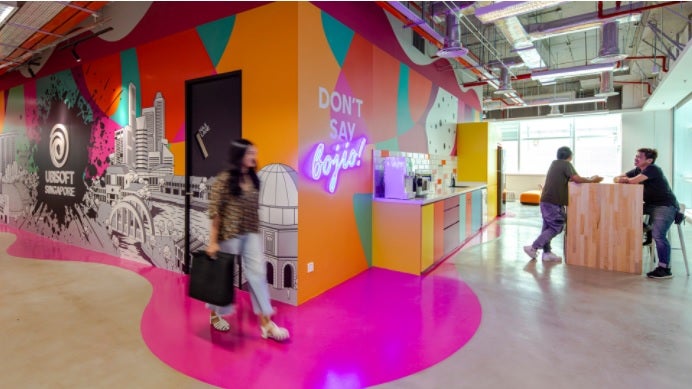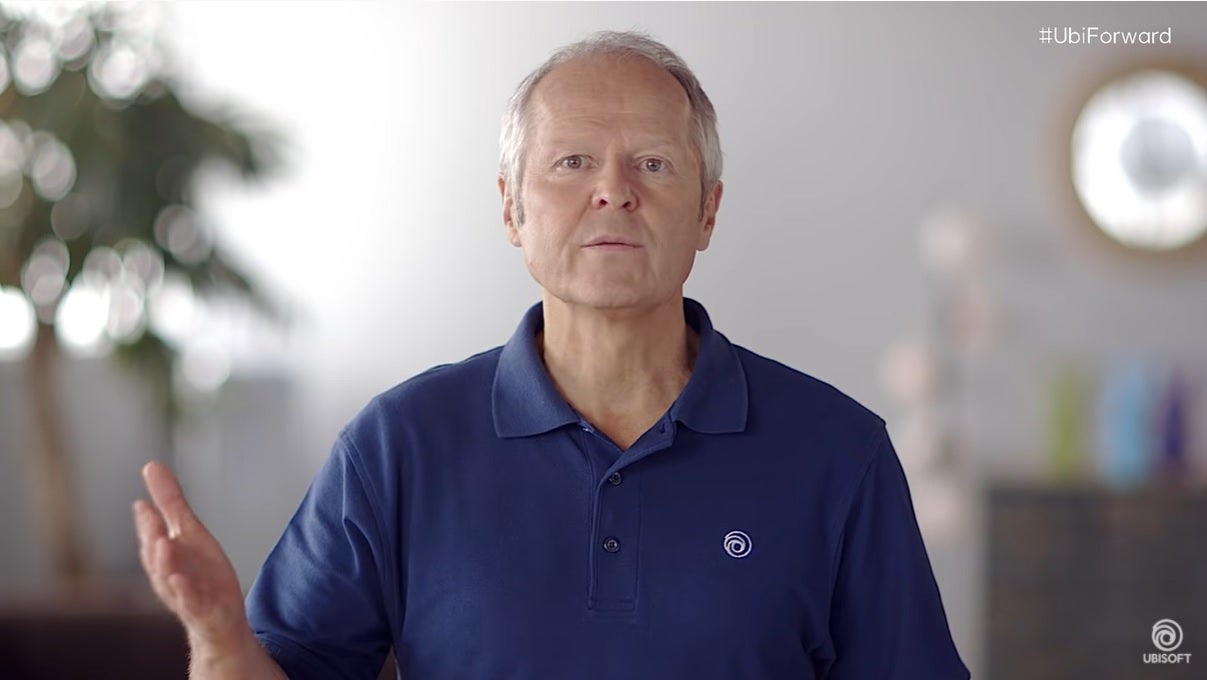According to an investigation by Kotaku, staff at Ubisoft Singapore, which is home to around 500 staff and is current working on the troubled Skull & Bones, allegedly suffered from sexual harassment, racial pay disparities and bullying by managers, as well as “bad projects” and “toxic leaders”. Now, in a report by The Straits Times, an English-language daily broadsheet newspaper based in Singapore, the national watchdog for fair employment practices has launched an investigation into Ubisoft Singapore over the claims. The Tripartite Alliance for Fair and Progressive Employment Practices (Tafep) urged anyone with knowledge of any criminal conduct, such as sexual harassment and assault, to report such incidents to the police. Ubisoft Singapore managing director Darryl Long is quoted as saying: “It’s very important that we can talk about these things and that we acknowledge what’s going on in our industry right now… “We need to start to change the way we are perceived and the way we act internally as well.” The investigation into Ubisoft Singapore comes after Ubisoft staff said the company “continues to protect and promote known offenders and their allies”. Over 1000 current and former Ubisoft employees across 32 studios signed an open letter in solidarity with Activision Blizzard staff following a recent lawsuit that called the World of Warcraft and Overwatch studio “a breeding ground for harassment and discrimination against women”. The letter slammed Ubisoft leadership’s “empty promises” in response to allegations of “systemic discrimination, harassment and bullying” within the company, and proposed an industry wide collaboration to agree a set of “rules and processes for handling reports of these offences”. As the letter noted, Ubisoft became embroiled in its own disturbing reckoning last summer when employees began calling out toxic work conditions within the company, including allegations of serious sexual misconduct aimed at members of senior management. Yet despite CEO Yves Guillemot’s assurance he would “do everything in [his] power to ensure that everyone… feels welcomed, respected, and safe”, the open letter said little had changed. In May, Guillemot released a lengthy statement meant to lay out the progress he said Ubisoft had made since last summer’s devastating reports of sexual harassment and toxic working environments within various teams across the business. The post, published to Ubisoft’s blog, came in the wake of a French report in Le Télégramme that claimed the company had made only minimal changes. Last summer, a cascade of reports detailing sexual assault and harassment was issued by numerous employees across the business. It included shocking allegations, some of several senior employees. A wave of resignations and firings followed - some public, others not. After weeks of devastating headlines, Guillemot himself came under fire, with questions asked about exactly how much he had known. In an extraordinary Q&A with investors, Guillemot responded by saying “certain individuals betrayed the trust I placed in them” but he himself had “never compromised on my core values and ethics and never will”. According to The Straits Times, if Ubisoft Singapore is found to be in breach of the Ministry of Manpower’s (MOM) Fair Consideration Framework, it could be barred from applying for new work passes for foreign staff, or renewing existing ones, for between one and two years. The police may investigate sexual misconduct that involves criminal offences. Those found guilty can be fined and/or jailed and, in some cases, caned, The Straits Times said. Ubisoft Singapore responded to The Straits Times’ report to say it had invested in a “dedicated learning path” to support Singaporeans and help staff take on leadership opportunities. “Compensation is determined by role, responsibility, market practices and performance,” Ubisoft said. Long insisted the studio does not tolerate harassment, discrimination or misconduct of any kind, and highlighted the company had hired a third-party agency to look into complaints. “I understand that Ubisoft Singapore has been mentioned in the news lately,” Long said. “I acknowledge that the studio has seen some challenges over the past decade and there is still work to be done about our studio culture.”

